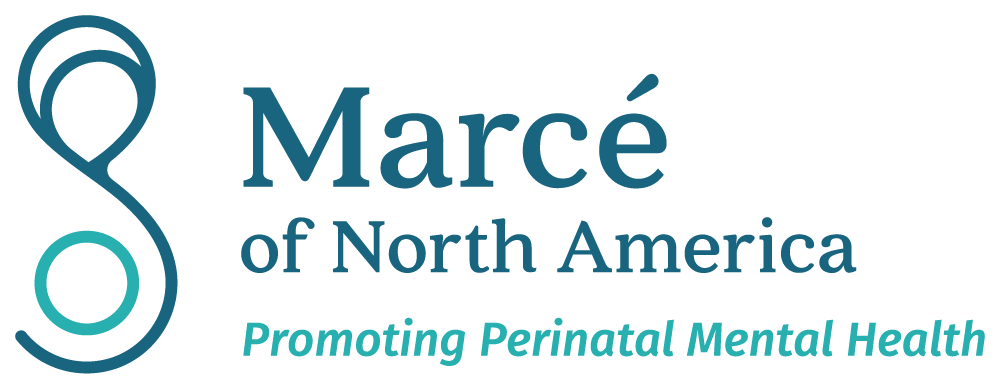Symposium Abstract Submissions
Submission Instructions
The chair must first submit an overall symposium submission, followed by submitting the individual abstract submissions and Relationship Disclosure Declaration Form of the presenting authors into the abstract system and attaching them accordingly. Please use the buttons above to submit your submission form and abstracts. Each submission must have the Relationship Disclosure Declaration Form of the abstract author attached in order to submit.
Three speakers are allowed for a 60-minute slot. The symposium must have a chair to moderate; this may be one of the speakers or someone else. These should be coherent presentations on related research around a theme and will be judged on the individual merits of the abstracts and on how well they cohere together. The most highly rated symposia will be considered for one of two “Gold Star” plenary symposia.
Categories:
MONA will utilize different criteria to assess the abstracts based on the type of submission. You will be asked to choose 1 of the following:
1. Basic science or biological research
2. Clinical or population-based research
3. Quality improvement or clinical innovation with evaluation
4. Health Services and Policy Research
5. Educational Scholarship
MONA will also utilize keywords to group presentations by thematic area. Please choose any one or more of the following that are relevant to your work:
1. Perinatal depression
2. Perinatal bipolar disorder, psychosis and severe mental disorders
3. Perinatal anxiety, OCD, PTSD and related disorders
4. Screening and identification of perinatal mental disorders
5. Health system interventions and models of perinatal mental health care
6. Lifestyle and educational interventions (e.g., sleep, exercise)
7. Psychosocial risk factors and interventions (e.g., peer support, social support, IPV)
8. Psychological treatments
9. Medication treatments
10. Complementary and alternative treatments
11. Other somatic treatments (e.g., neuromodulation, ECT)
12. Perinatal mental health in coparents and fathers
13. Perinatal mental health equity
14. Perinatal mental health in specific populations (please specify, e.g., twin pregnancies, single parents, adolescent pregnancy, disabilities, racialized populations, LGTBQ2S+)
15. Etiology and/or pathophysiology of perinatal mental health disorders
16. Hormones, including neuroactive steroids
17. Immune system and inflammation
18. Brain circuits and neurotransmitters, including brain imaging
